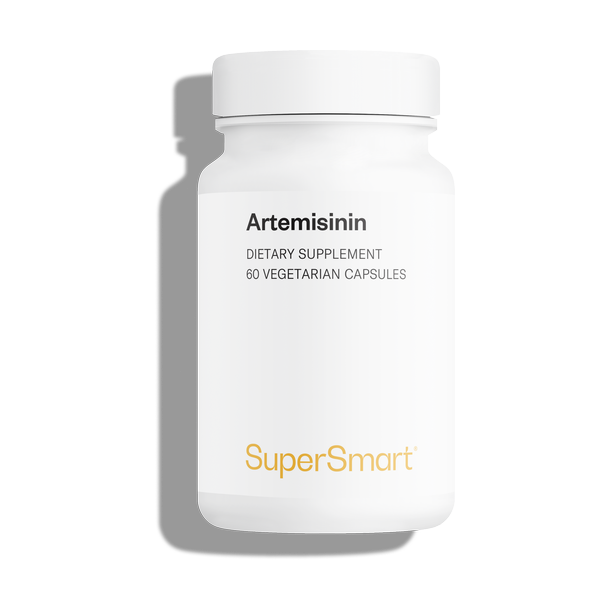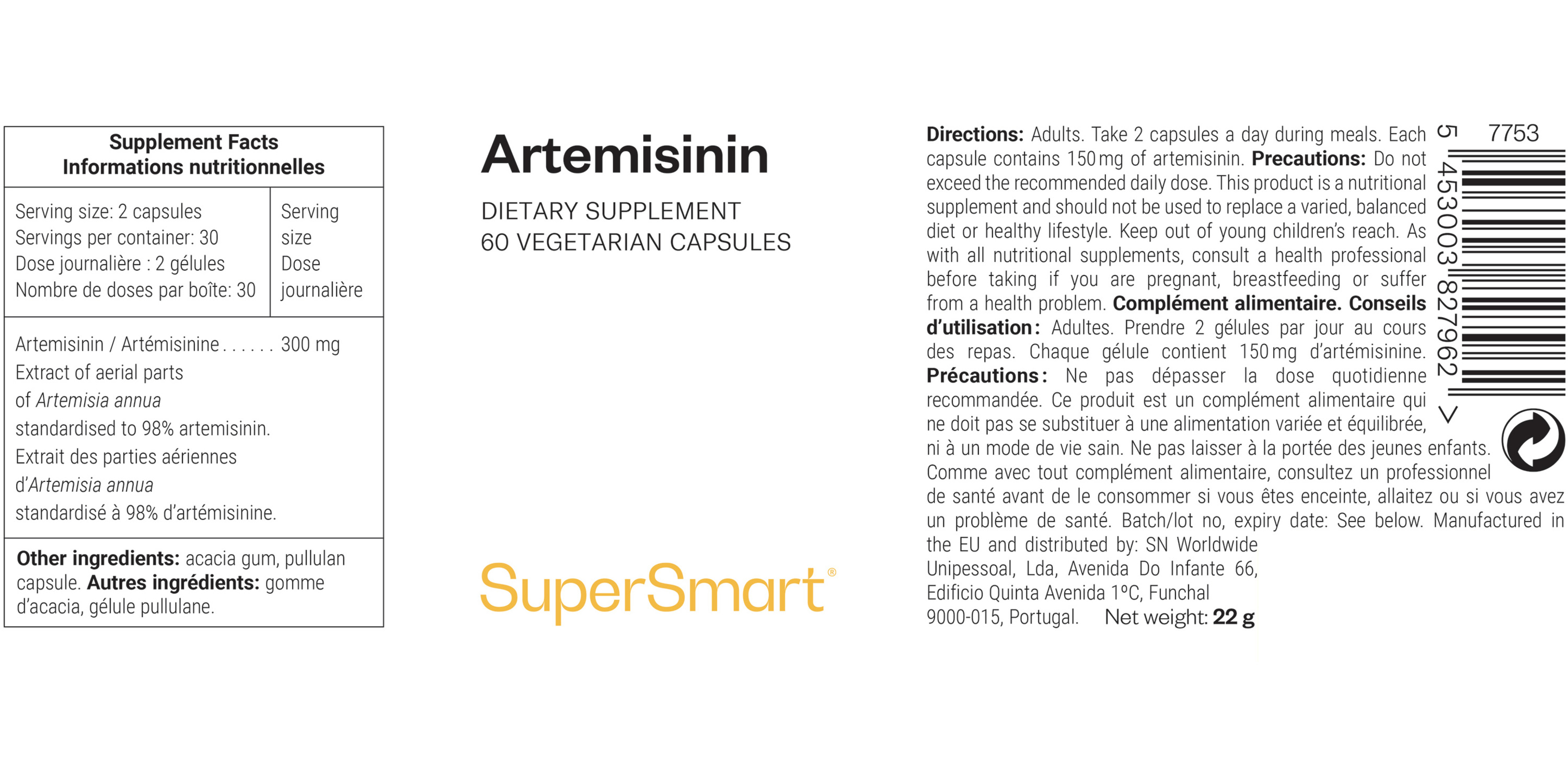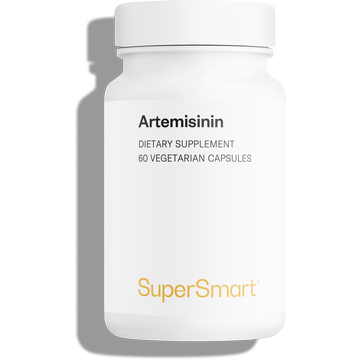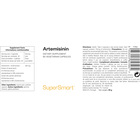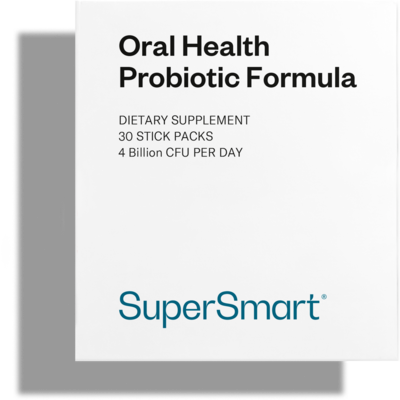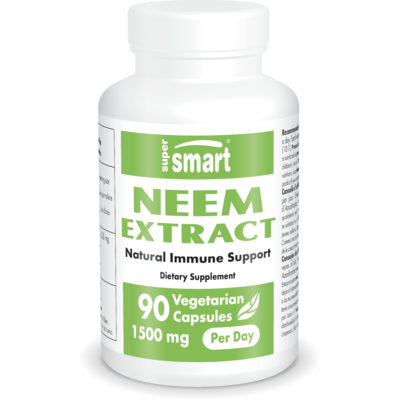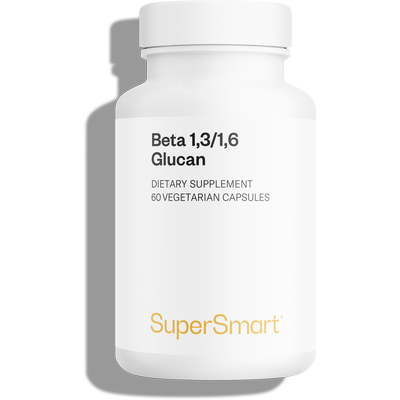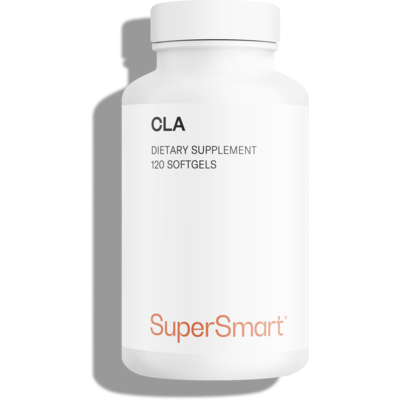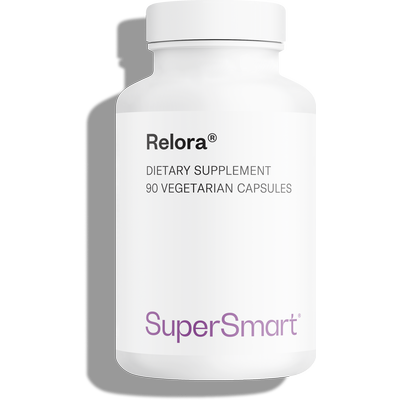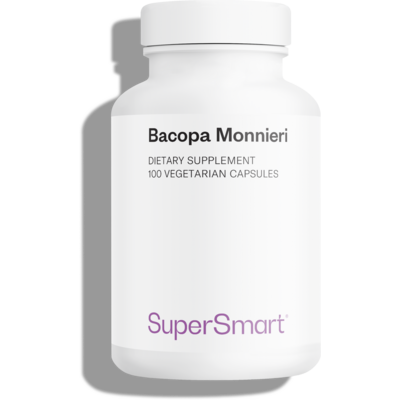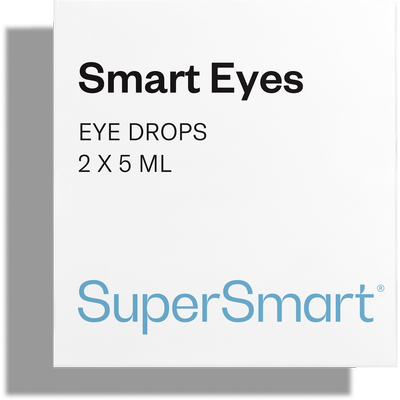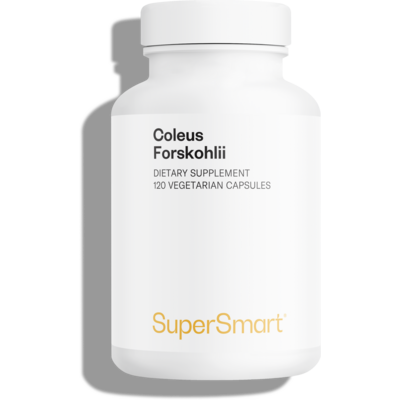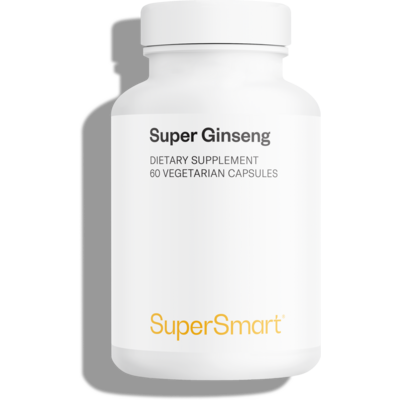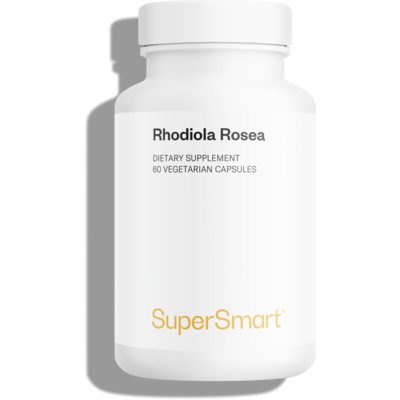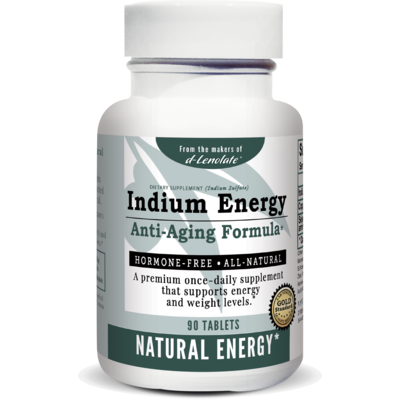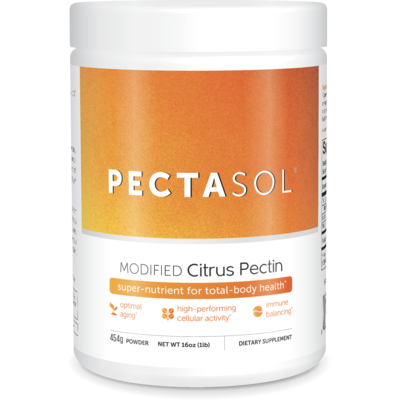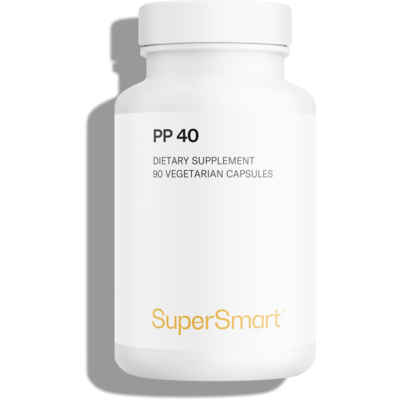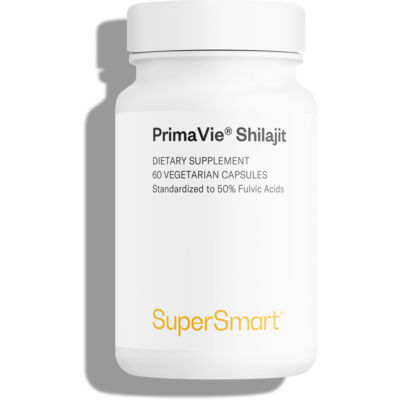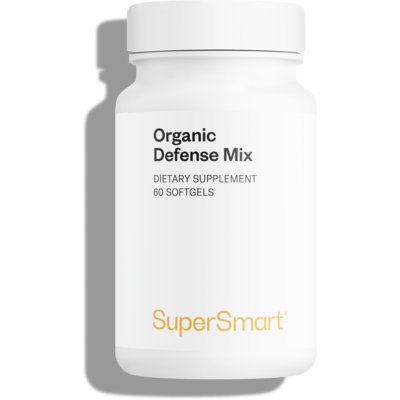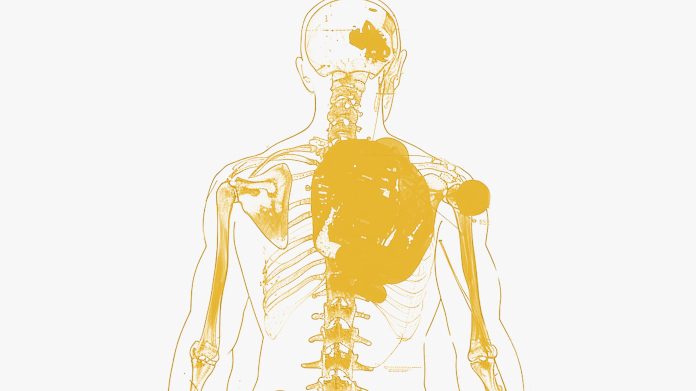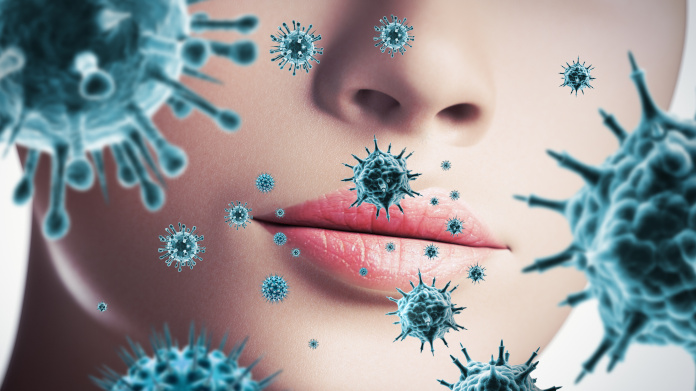Artemisinin is a dietary supplement ingredient derived from the plant Artemisia annua, also known as sweet wormwood.
Our artemisinin supplement provides a highly purified extract standardized to 98% artemisinin for consistency and reproducibility.
Artemisia annua has been referenced in traditional herbal practices for centuries, and artemisinin has been widely studied since it was isolated in the early 1970s.
This discovery was later recognized with the Nobel Prize in Physiology or Medicine in 2015, highlighting the scientific importance of this plant-derived compound.
In scientific literature, artemisinin continues to be explored for its potential interactions with various biological pathways, including those involved in cellular balance, oxidative processes and immune function modulation.*
These research areas remain exploratory and do not constitute therapeutic claims.
What is Artemisinin, or Sweet Wormwood?
A plant long used in traditional systems
Sweet wormwood (Artemisia annua, also known as qing hao) is a highly aromatic plant from the Asteraceae family, historically prepared as an infusion or decoction in traditional practices.
These traditional references are part of the plant’s historical background and should not be interpreted as evidence of therapeutic effects.
Nobel Prize recognition for artemisinin research
In the early 1970s, researcher Tu Youyou successfully isolated artemisinin from Artemisia annua, a scientific milestone later recognized with the Nobel Prize in Physiology or Medicine in 2015.
How is artemisinin studied?
Artemisinin is a sesquiterpene lactone with a distinctive chemical structure that has attracted ongoing interest in biochemical research.
Current studies explore how artemisinin may interact with physiological signaling pathways, including those linked to oxidative and inflammatory balance.*
What Does Research Explore About Artemisinin?
Research on artemisinin spans multiple scientific areas.
While published findings contribute to broader understanding of plant-derived bioactives, dietary supplements are not intended to diagnose, treat, cure or prevent any disease.
- Studied for its potential role in supporting balanced immune function.*
- Explored in relation to cellular signaling and adaptive responses.*
- Researched for its possible interactions with inflammatory pathways.*
- Discussed in scientific literature related to oxidative balance and cellular resilience.*
What Does Our Sweet Wormwood Supplement Contain?
Our artemisinin supplement contains a purified extract from the aerial parts of Artemisia annua, standardized to 98% artemisinin to help ensure a consistent composition from batch to batch.
The formula is completed with minimal excipients and contains no unnecessary additives.
Artemisinin: Use & Considerations
This product is intended for adults as part of a balanced diet and healthy lifestyle.*
If pregnant or breastfeeding, taking medication, or managing a health condition, it is recommended to consult a qualified healthcare professional before use.
WARNINGS
Do not exceed the recommended daily dose. This product is a nutritional supplement and should not be used as a substitute for a varied and balanced diet or a healthy lifestyle.
STORAGE
Store in a cool, dry place away from direct sunlight, heat, and humidity.
Keep out of reach of children.
PREGNANCY AND MEDICAL CONDITIONS
If you are pregnant, breastfeeding, or have any medical conditions, consult your healthcare provider before using this product.
SUPPLEMENT INTERACTIONS
Consult your healthcare provider before use, especially if you are taking any medications or other supplements as there may be potential interactions.
*These statements have not been evaluated by the Food and Drug Administration. This product is not intended to diagnose, treat, cure, or prevent any disease.
Serving Size: 2 capsules
Servings Per Container: 30 |
Amount
per dose |
| Artemisinin (Extract of aerial parts of Artemisia annua standardized to 98% artemisinin). |
300 mg |
| Other ingredients: Acacia gum. |
Each vegetarian capsule contains 150 mg of artemisinin.
Serving size: Take 2 capsules a day.
Servings per container: 30
Storage: Store away from direct light, heat, and humidity.
Cautions: For adults only. Do not exceed the recommended daily dose. Keep out of reach of children. Consult a healthcare provider before taking this supplement and if you are pregnant, breastfeeding, or having health concerns.*
This product is a dietary supplement and should not be used as a substitute for a varied, balanced diet and a healthy lifestyle.
- Zyad A, Tilaoui M, Jaafari A, Oukerrou MA, Mouse HA. More insights into the ... of artemisinin. Phytother Res. 2018;32(2):216–229.
- Niyi Awofeso, « Project 523: transformation of Artemisinin from traditional Chinese medicine to mainstream ... », Spatula DD, vol. 1, no 2, 2011, p. 115.
- Tu Y. Artemisinin-A Gift from Traditional Chinese Medicine to the World (Nobel Lecture). Angew Chem Int Ed Engl. 2016;55(35):10210–10226.
- Lai H, Sasaki T, Singh NP, Messay A. ... of artemisinin-tagged holotransferrin on ... cells. Life Sci. 2005;76(11):1267–1279.
- Saeed MEM, Krishna S, Greten HJ, Kremsner PG, Efferth T. ... of artemisinin derivatives in vivo and in patients. Pharmacol Res. 2016;110:216–226.
- Lam NS, Long X, Su XZ, Lu F. Artemisinin and its derivatives in ... beyond ... . Pharmacol Res. 2018;133:77–100.
- Loo CS, Lam NS, Yu D, Su XZ, Lu F. Artemisinin and its derivatives in ... a. Pharmacol Res. 2017;117:192–217.
- Feng J, Weitner M, Shi W, Zhang S, Sullivan D, Zhang Y. Identification of Additional ... Activity ... from an FDA Drug Library. Antibiotics (Basel). 2015;4(3):397–410. Published 2015 Sep 16.
- Patel YS, Mistry N, Mehra S. Repurposing artemisinin as an ... agent in synergy with rifampicin. ... (Edinb). 2019;115:146–153.
- Efferth T. Beyond ...: The inhibition of ... by artemisinin-type compounds. Biotechnol Adv. 2018;36(6):1730–1737.
- Bhaw-Luximon A, Jhurry D. Artemisinin and its derivatives in ... therapy: status of progress, mechanism of action, and future perspectives. .... Pharmacol. 2017;79(3):451–466.
- Zyad A, Tilaoui M, Jaafari A, Oukerrou MA, Mouse HA. More insights into the pharmacological ... of artemisinin. Phytother Res. 2018;32(2):216–229.
- Kumari K, Keshari S, Sengupta D, Sabat SC, Mishra SK. Transcriptome analysis of genes associated with breast ... cell motility in response to Artemisinin ... . BMC ... . 2017;17(1):858. Published 2017 Dec 15.
- Jia J, Qin Y, Zhang L, et al. Artemisinin inhibits gallbladder ... cell lines through triggering cell cycle arrest and apoptosis. Mol Med Rep. 2016;13(5):4461–4468.
- Yao Y, Guo Q, Cao Y, et al. Artemisinin derivatives inactivate ...-associated fibroblasts through suppressing TGF-β signaling in breast ... [published correction appears in J Exp Clin ... Res. 2019 Nov 5;38(1):451]. J Exp Clin ... Res. 2018;37(1):282. Published 2018 Nov 26.
- Tong Y, Liu Y, Zheng H, et al. Artemisinin and its derivatives can significantly inhibit ... and ... through Wnt/β-catenin signaling. Oncotarget. 2016;7(21):31413–31428.
- Li X, Gu S, Sun D, Dai H, Chen H, Zhang Z. The selectivity of artemisinin-based ... on human lung normal and ... cells. Environ Toxicol Pharmacol. 2018;57:86–94.
- Wong YK, Xu C, Kalesh KA, et al. Artemisinin as an ... : Recent advances in target profiling and mechanisms of action. Med Res Rev. 2017;37(6):1492–1517.
- Efferth T. From ancient herb to modern ... : Artemisia annua and artemisinin for ... . Semin ... Biol. 2017;46:65–83.
- Slezakova S, Ruda-Kucerova J. ... Activity of Artemisinin and its Derivatives. ... Res. 2017;37(11):5995–6003.
- Hou L, Huang H. Immune suppressive properties of artemisinin family ... . Pharmacol Ther. 2016;166:123–127.
- Ho WE, Peh HY, Chan TK, Wong WS. Artemisinins: pharmacological actions beyond ... . Pharmacol Ther. 2014;142(1):126–139.
- Kim SK, Choe JY, Park KY. ... of artemisinin on uric acid-induced NLRP3 inflammasome activation through blocking interaction between NLRP3 and NEK7. Biochem Biophys Res Commun. 2019;517(2):338–345.
- Shi Z, Chen Y, Lu C, et al. Resolving ... family of artemisinin. Pharmacol Res. 2018;136:172–180.
- Charlie-Silva I, Fraceto LF, de Melo NFS. Progress in ... delivery of artemisinin and its derivatives: towards to use in immunomodulatory approaches. Artif Cells Nanomed Biotechnol. 2018;46(sup3):S611–S620.
- Booth FW, Roberts CK, Thyfault JP, Ruegsegger GN, Toedebusch RG. Role of Inactivity in ... : Evolutionary Insight and ... Mechanisms. Physiol Rev. 2017;97(4):1351–1402.
- Perez Martinez G., Bauerl C., Collado M.C. Understanding gut microbiota in elderly’s health will enable intervention through probiotics. Benef. Microbes. 2014;5:235–246.
- Doherty R, Madigan S, Warrington G, Ellis J. Sleep and Nutrition Interactions: Implications for Athletes. Nutrients. 2019;11(4):822. Published 2019 Apr 11.
- Cohen S, Janicki-Deverts D, Doyle WJ, et al. ... , glucocorticoid receptor resistance, inflammation, and ... . Proc Natl Acad Sci U S A. 2012;109(16):5995–5999.
- Tam M, Gómez S, González-Gross M, Marcos A. Possible roles of magnesium on the immune system. Eur J Clin Nutr. 2003;57(10):1193–1197.

